











Loading...










collection
of emotions



RUS



Each person has a unique collection of emotions that develops throughout life and influences behavior, thinking and physical well-being







Emotions make our life more interesting and full, so it is important to be able to understand and control them
When we can call our feelings by name we understand them more, and therefore we can control our state of being. The more we distinguish the names and shades of feelings, the richer and more diverse our life is!








what's that for?!
Emotions are our inner feelings caused by certain situations or stimuli. They influence our behavior, thinking, and physical well-being. Experience, culture, upbringing, and personal values all influence which emotions we feel most often and which way we choose to express them


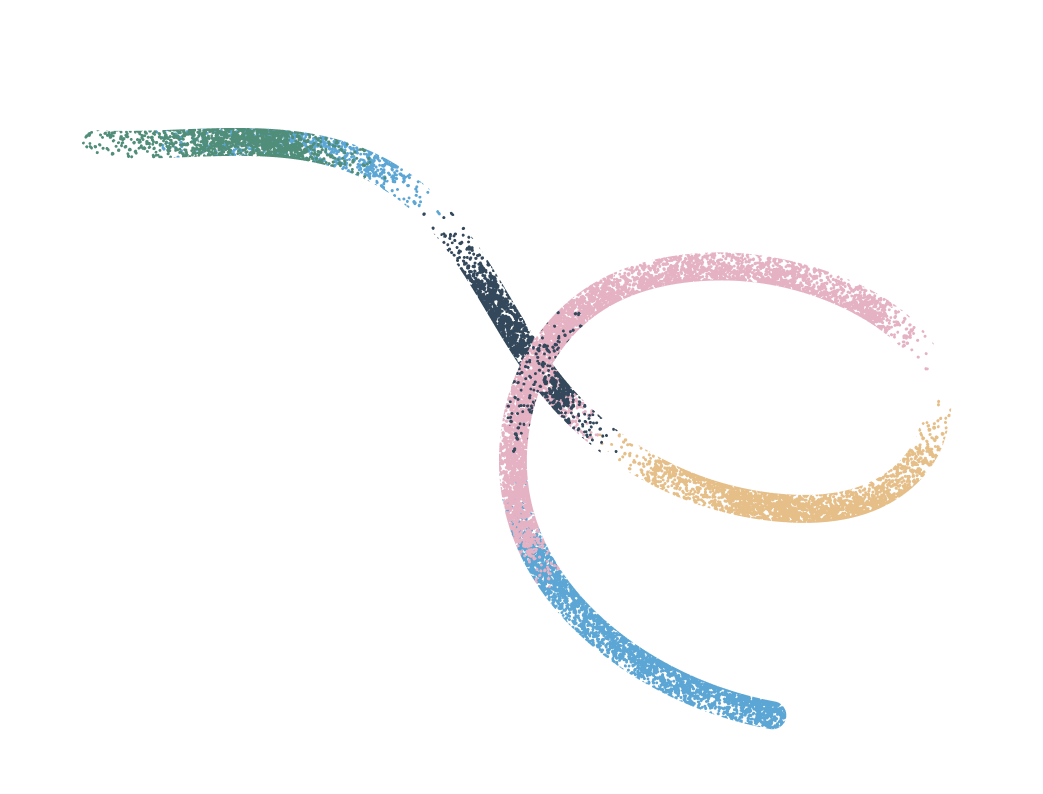





HOW EMOTIONS ARE MADE?
Activating
event
event
A thought
(personal interpretation of the event)
(personal interpretation of the event)
Emotion
Physical sensations
Accommodations/ reactions
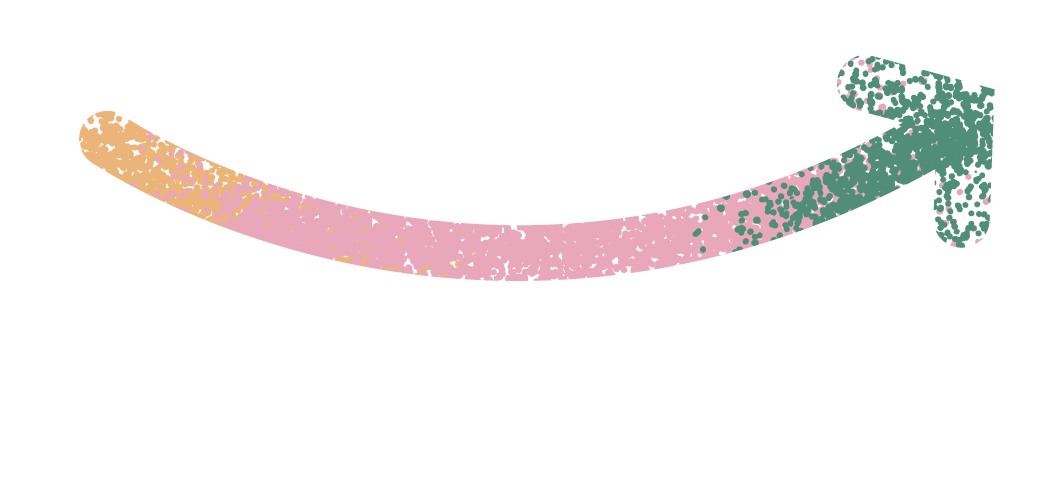
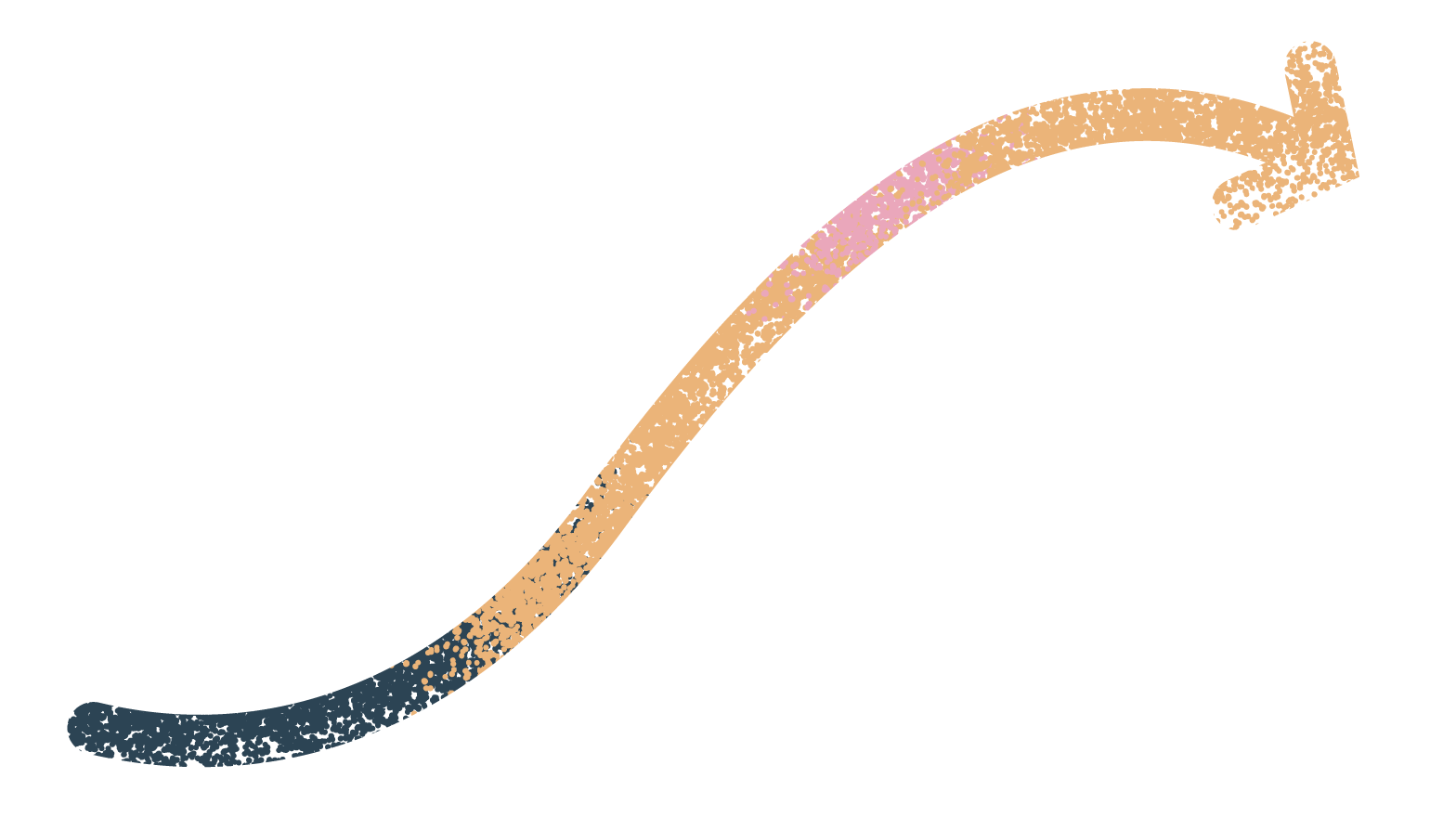
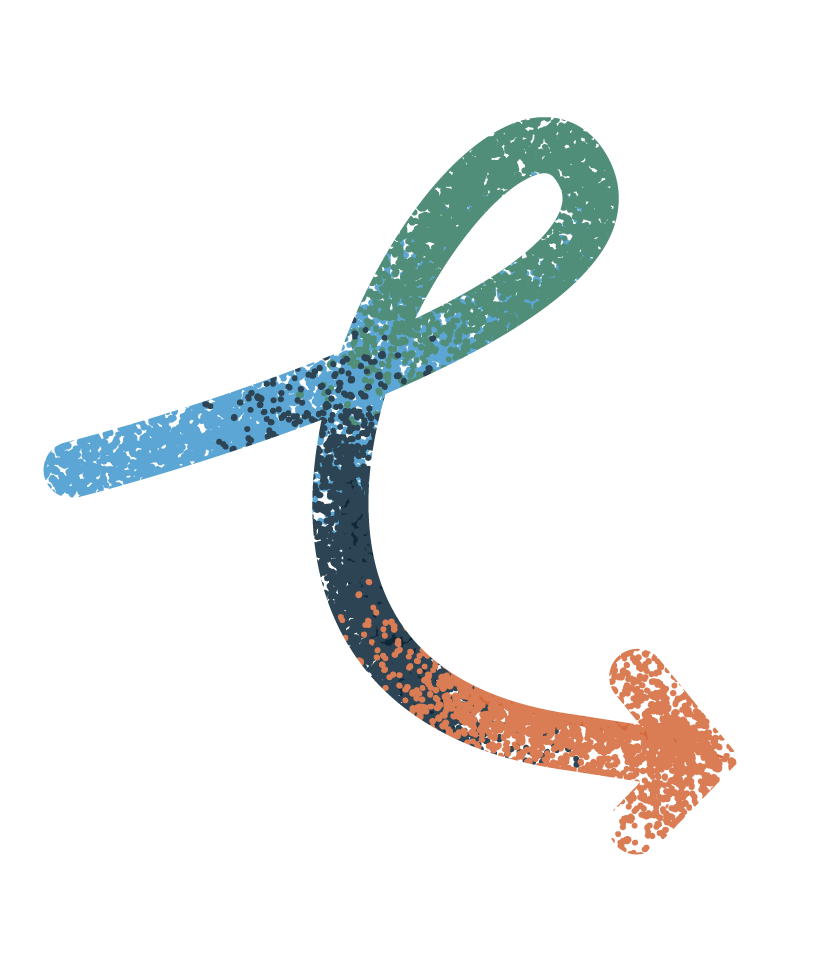
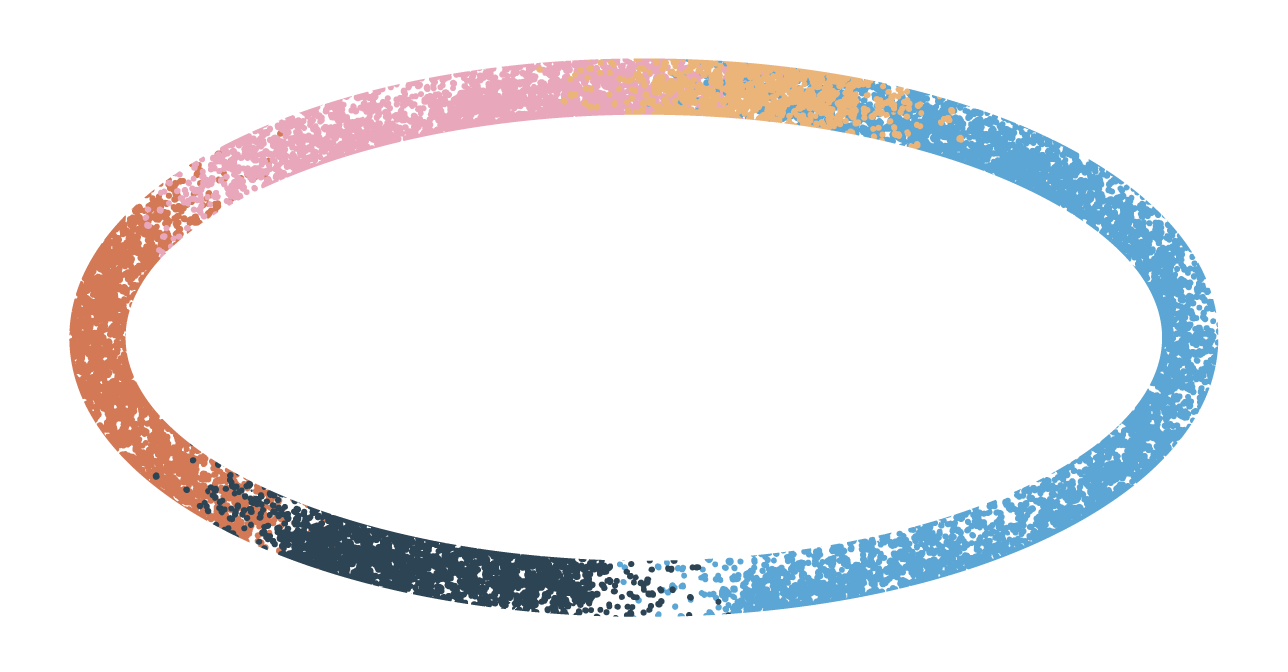

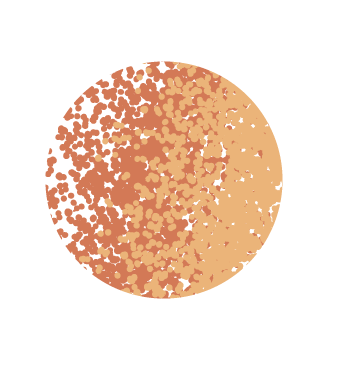
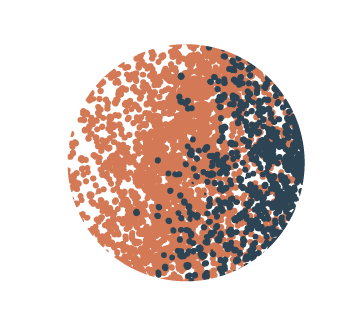

Three ways of expressing emotions
Verbal
nonverbal
Words, speech — name your emotion
Gaze, tone of voice, unconscious movements and mimicry






action
Accommodation, reaction, expression through movement




Learning basic emotions is the first step to building your own collection of emotions and living more fulfilling life















Basic emotions
It can take a long time to learn to recognize all emotional diversity. Basic basic emotions can become the first "exhibits" of your personal emotional collection, which will make your life much brighter!

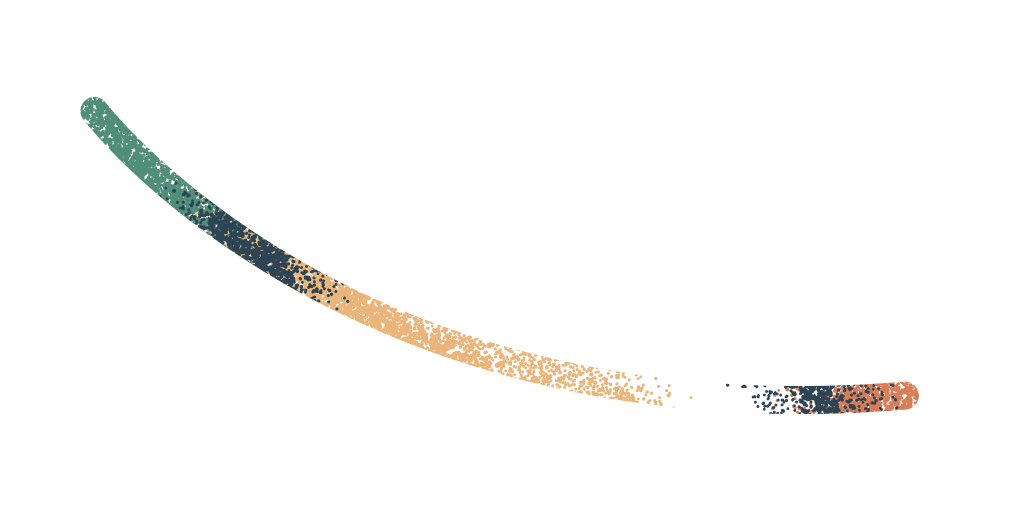




















How to express:






happiness
surprise
sadness
fear
anger
disgust
An inner sense of fulfillment, pleasure, cheerfulness, and joy.
Evolutionarily necessary for feeling part of society. Happiness wants to be shared!
Increases resilience to the experience of failure, affects self-confidence.
Helps to release tension or excessive aggression or fear
Evolutionarily necessary for feeling part of society. Happiness wants to be shared!
Increases resilience to the experience of failure, affects self-confidence.
Helps to release tension or excessive aggression or fear
The shortest emotion, helps to change to another type of activity.
Quickly transforms into joy, pleasure, or fear, disgust, anger.
Quickly transforms into joy, pleasure, or fear, disgust, anger.
It helps us slow down, look back, draw conclusions, and realize what was really important.
In the state of sadness we realize what we want and what we don't want.
It is associated with the loss of some important valuable external circumstances in our lives: a relationship, a job, an opportunity.
The loss that causes sadness can be the relationship with ourselves - when we do something we don't like, when we ignore our own desires in favor of others
In the state of sadness we realize what we want and what we don't want.
It is associated with the loss of some important valuable external circumstances in our lives: a relationship, a job, an opportunity.
The loss that causes sadness can be the relationship with ourselves - when we do something we don't like, when we ignore our own desires in favor of others
It has a protective function.
It can be biological, social and existential.
Fear is defined - we know what we are afraid of.
Not knowing strengthens fear.
Fear lives in the past: something happened and now we are afraid of it.
Our greatest fears can hide our deepest desires
It can be biological, social and existential.
Fear is defined - we know what we are afraid of.
Not knowing strengthens fear.
Fear lives in the past: something happened and now we are afraid of it.
Our greatest fears can hide our deepest desires
Necessary for survival.
The neighbor of fear, anger exposes fear.
Irritation and anger most often arise in response to a violation of our attitudes and values.
It is not the anger itself that causes problems, but the inadequate expression of the emotion. It's normal to be angry everyone gets angry!
We need anger to assert our boundaries and our desires
The neighbor of fear, anger exposes fear.
Irritation and anger most often arise in response to a violation of our attitudes and values.
It is not the anger itself that causes problems, but the inadequate expression of the emotion. It's normal to be angry everyone gets angry!
We need anger to assert our boundaries and our desires
Our internal failsafe for survival.
Builds social boundaries of "one's own-another".
Sometimes we have to suppress disgust for the sake of being in a society or close relationships (caring for a sick animal, a relative, hygiene processes and care for others).
Psychologists and neurobiologists who study emotions suggest that many of the moral and ethical attitudes of mankind grew out of the feeling of disgust, which has become extremely developed and complex in humans compared with animals
Builds social boundaries of "one's own-another".
Sometimes we have to suppress disgust for the sake of being in a society or close relationships (caring for a sick animal, a relative, hygiene processes and care for others).
Psychologists and neurobiologists who study emotions suggest that many of the moral and ethical attitudes of mankind grew out of the feeling of disgust, which has become extremely developed and complex in humans compared with animals
How to express:
How to express:
How to express:
How to express:
How to express:
Verbal: "I'm very happy!"
Nonverbal: A wide smile.
Accommodations: Jumping, dancing
Nonverbal: A wide smile.
Accommodations: Jumping, dancing
Verbal: "Wow! Wow!"
Nonverbal: Round eyes, inhale, some kind of hovering.
Accommodative: Covering mouth with hand, opening mouth in surprise
Nonverbal: Round eyes, inhale, some kind of hovering.
Accommodative: Covering mouth with hand, opening mouth in surprise
Verbal: "I'm sad."
Nonverbal: Sad face, tears.
Accommodation: To lie down, to cry, to think about what happened
Nonverbal: Sad face, tears.
Accommodation: To lie down, to cry, to think about what happened
Verbal: "I'm afraid of...!"
and say what it is.
Nonverbal: heart palpitations, sweating, tense posture.
Accommodation: often expressed through anger: (yelling) or closeness (hugging)
and say what it is.
Nonverbal: heart palpitations, sweating, tense posture.
Accommodation: often expressed through anger: (yelling) or closeness (hugging)
Verbal: "I'm really angry right now!"
Nonverbal: clenched fists, tight cheekbones.
Accommodations: Stomping, pounding a pillow, yelling
Nonverbal: clenched fists, tight cheekbones.
Accommodations: Stomping, pounding a pillow, yelling
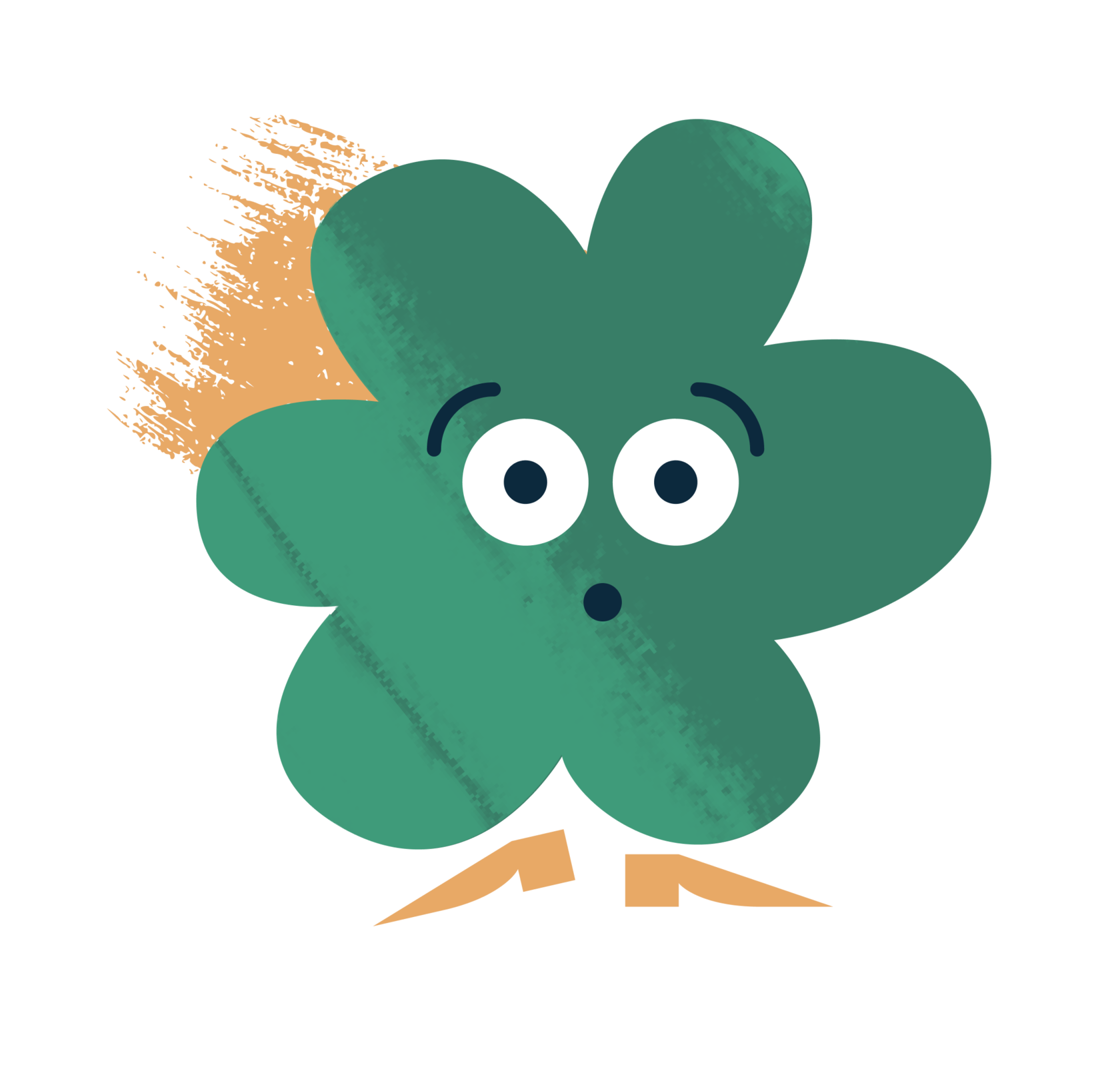
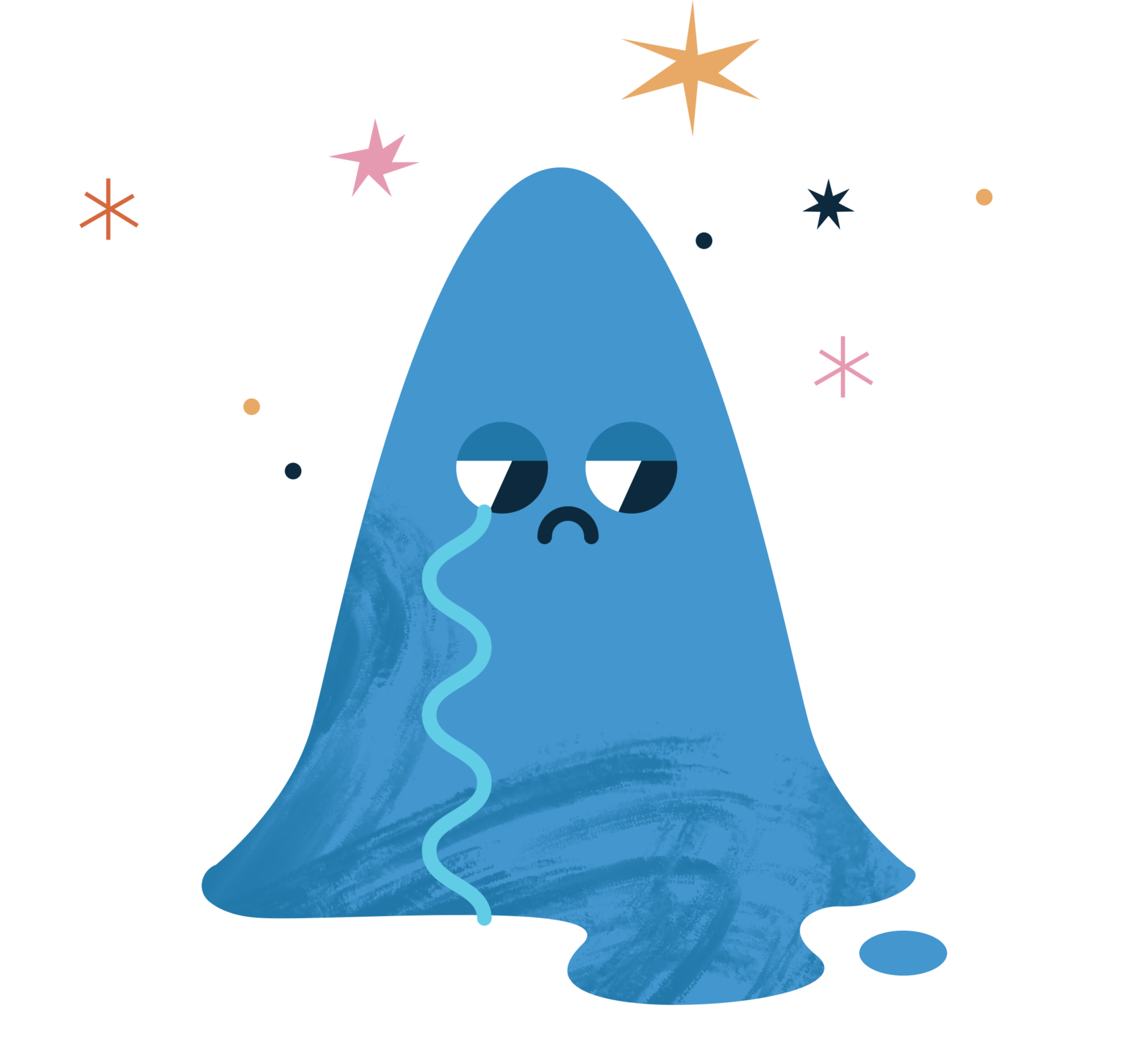


Some people love surprises (surprise), the bundle of surprise - joy is fixed in their psyche. But there are also those who do not like surprises, often in these people surprise has been transformed into anger or sadness
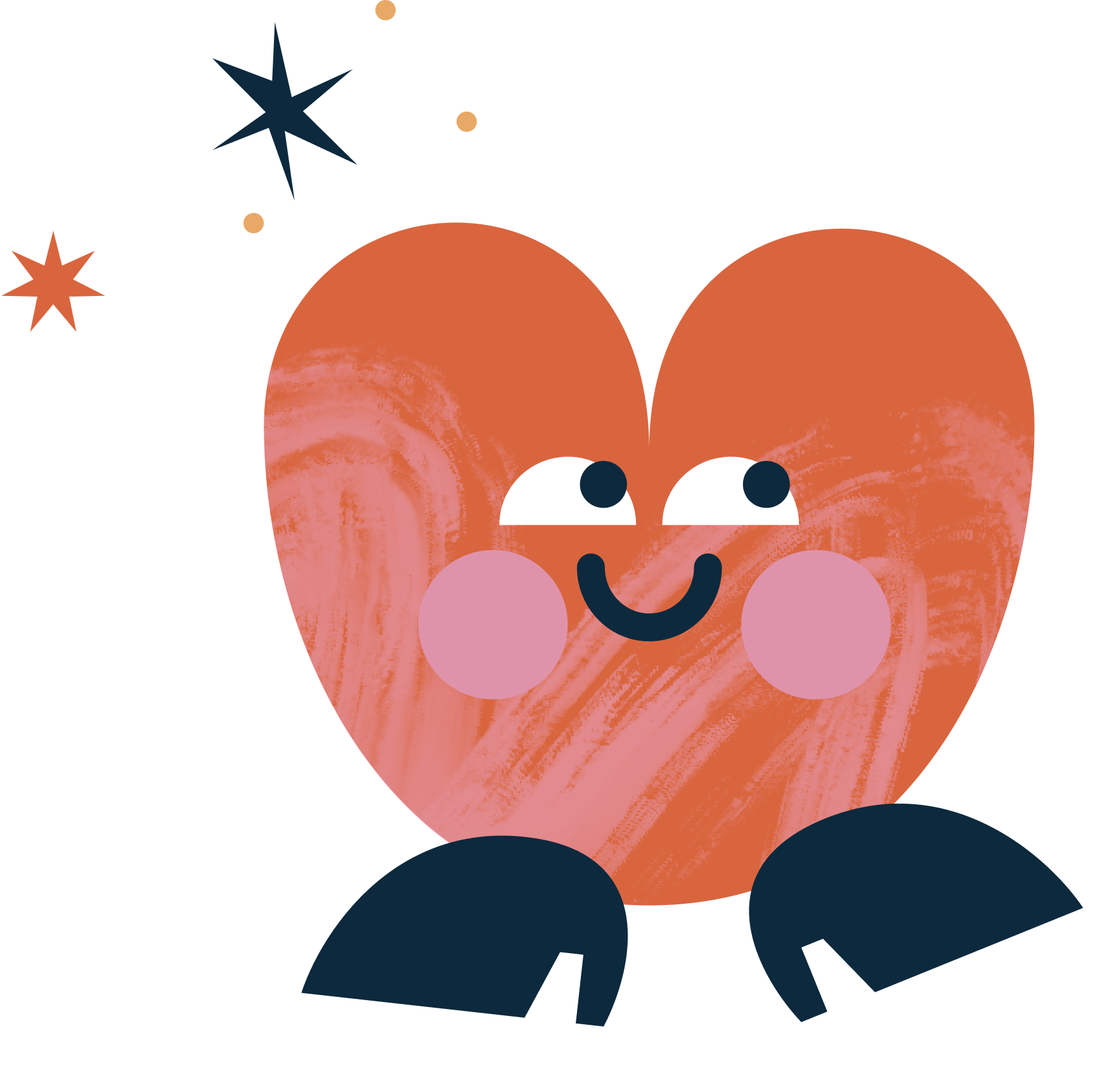



Verbal: "Ewww!"
Nonverbally: twisted face, feeling nauseous, wanting to turn away.
Accommodation: running away, stepping away
Nonverbally: twisted face, feeling nauseous, wanting to turn away.
Accommodation: running away, stepping away


HOW TO EXPRESS:






HAPPINESS
SURPRISE
SADNESS
FEAR
ANGER
DISGUST
An inner sense of fulfillment, pleasure, cheerfulness, and joy.
Evolutionarily necessary for feeling part of society. Happiness wants to be shared!
Increases resilience to the experience of failure, affects self-confidence.
Helps to release tension or excessive aggression or fear
Evolutionarily necessary for feeling part of society. Happiness wants to be shared!
Increases resilience to the experience of failure, affects self-confidence.
Helps to release tension or excessive aggression or fear
The shortest emotion, helps to change to another type of activity.
Quickly transforms into joy, pleasure, or fear, disgust, anger.
Quickly transforms into joy, pleasure, or fear, disgust, anger.
It helps us slow down, look back, draw conclusions, and realize what was really important.
In the state of sadness we realize what we want and what we don't want.
It is associated with the loss of some important valuable external circumstances in our lives: a relationship, a job, an opportunity.
The loss that causes sadness can be the relationship with ourselves — when we do something we don't like, when we ignore our own desires in favor of others
In the state of sadness we realize what we want and what we don't want.
It is associated with the loss of some important valuable external circumstances in our lives: a relationship, a job, an opportunity.
The loss that causes sadness can be the relationship with ourselves — when we do something we don't like, when we ignore our own desires in favor of others
It has a protective function.
It can be biological, social and existential.
Fear is defined - we know what we are afraid of.
Not knowing strengthens fear.
Fear lives in the past: something happened and now we are afraid of it.
Our greatest fears can hide our deepest desires
It can be biological, social and existential.
Fear is defined - we know what we are afraid of.
Not knowing strengthens fear.
Fear lives in the past: something happened and now we are afraid of it.
Our greatest fears can hide our deepest desires
Necessary for survival.
The neighbor of fear, anger exposes fear.
Irritation and anger most often arise in response to a violation of our attitudes and values.
It is not the anger itself that causes problems, but the inadequate expression of the emotion. It's normal to be angry everyone gets angry!
We need anger to assert our boundaries and our desires
The neighbor of fear, anger exposes fear.
Irritation and anger most often arise in response to a violation of our attitudes and values.
It is not the anger itself that causes problems, but the inadequate expression of the emotion. It's normal to be angry everyone gets angry!
We need anger to assert our boundaries and our desires
Our internal failsafe for survival.
Builds social boundaries of "one's own-another".
Sometimes we have to suppress disgust for the sake of being in a society or close relationships (caring for a sick animal, a relative, hygiene processes and care for others).
Psychologists and neurobiologists who study emotions suggest that many of the moral and ethical attitudes of mankind grew out of the feeling of disgust, which has become extremely developed and complex in humans compared with animals
Builds social boundaries of "one's own-another".
Sometimes we have to suppress disgust for the sake of being in a society or close relationships (caring for a sick animal, a relative, hygiene processes and care for others).
Psychologists and neurobiologists who study emotions suggest that many of the moral and ethical attitudes of mankind grew out of the feeling of disgust, which has become extremely developed and complex in humans compared with animals
HOW TO EXPRESS:
HOW TO EXPRESS:
HOW TO EXPRESS:
HOW TO EXPRESS:
HOW TO EXPRESS:
Verbal: "I'm very happy!"
Nonverbal: A wide smile.
Accommodations: Jumping, dancing
Nonverbal: A wide smile.
Accommodations: Jumping, dancing
Verbal: "Wow! Wow!"
Nonverbal: Round eyes, inhale, some kind of hovering.
Accommodative: Covering mouth with hand, opening mouth in surprise
Nonverbal: Round eyes, inhale, some kind of hovering.
Accommodative: Covering mouth with hand, opening mouth in surprise
Verbal: "I'm sad."
Nonverbal: Sad face, tears.
Accommodation: To lie down, to cry, to think about what happened
Nonverbal: Sad face, tears.
Accommodation: To lie down, to cry, to think about what happened
Verbal: "I'm afraid of...!"
and say what it is.
Nonverbal: heart palpitations, sweating, tense posture.
Accommodation: often expressed through anger: (yelling) or closeness (hugging)
and say what it is.
Nonverbal: heart palpitations, sweating, tense posture.
Accommodation: often expressed through anger: (yelling) or closeness (hugging)
Verbal: "I'm really angry right now!"
Nonverbal: Clenched fists, tight cheekbones.
Accommodations: Stomping, pounding a pillow, yelling
Nonverbal: Clenched fists, tight cheekbones.
Accommodations: Stomping, pounding a pillow, yelling




Some people love surprises (surprise), the bundle of surprise - joy is fixed in their psyche. But there are also those who do not like surprises, often in these people surprise has been transformed into anger or sadness




Verbal: "Ewww!"
Nonverbally: twisted face, feeling nauseous, wanting to turn away.
Accommodation: running away, stepping away
Nonverbally: twisted face, feeling nauseous, wanting to turn away.
Accommodation: running away, stepping away

As you GATHER YOUR COLLECTION, think about what emotions should fill your life and create the conditions for them yourself!
It's important to remember that each person is unique, and their collection of emotions will also be unique. But consciously managing our emotions will help us create healthier and more harmonious relationships with others and achieve personal goals












emotions are in you!
Allow them to emerge, manifest and subside without suppressing or spilling over to the people around you. You are stronger than emotions, you can definitely withstand them)












